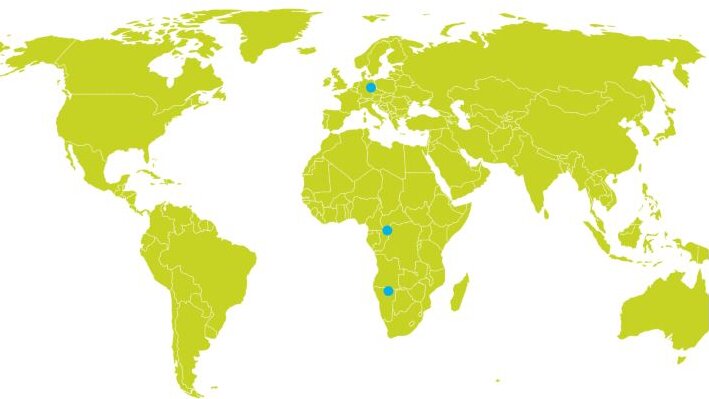Studying Humans
As compared with other species, humans show extraordinary variability across populations. We propose that at the heart of uniquely human cultural diversity lies in the unique nature of human cognitive development. Hence, our central question is: How is human cognitive ontogeny uniquely adapted to cultural diversity and how does it contribute to it? This question is critical, because cultural diversity does not only entail our predominant mode of adaptation to local ecologies, but is key in the construction of our cognitive architecture. An encompassing theory of human psychology must therefore consider the ways in which it adapts to, and shapes, social and ecological contexts, as well as the universal cognitive foundations that enable this reciprocal interaction.
The Department of Comparative Cultural Psychology investigates these questions through a combination of developmental, and cross-cultural behavioral studies, behavioral observations and ethnographic fieldwork. We study cognitive similarities and differences across ontogeny and their interindividual and intercultural drivers.
To date, the vast majority of psychological research on questions of uniquely human cognitive development studies the phenomenon off scale. Cognitive diversity across individuals and cultures is underestimated resulting in limited samples. For example, a vast majority of studies on human cognitive development has been conducted in industrialized populations of the global north. Aiming to understand humans as a species based on such narrow samples and without consideration of cultural diversity is incomplete at best, but more likely inaccurate. The comprehensive study of uniquely human psychology requires a programmatic reorientation, emphasizing the epistemic relevance of cognitive diversity and the methodological demands of studying cognition at scale. The Department of Comparative Cultural Psychology aims to help guide and expedite this programmatic reorientation.
Research Ethics
See here our guiding principles for ethical research.


